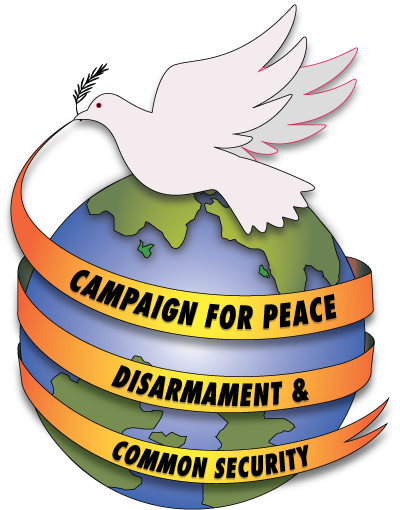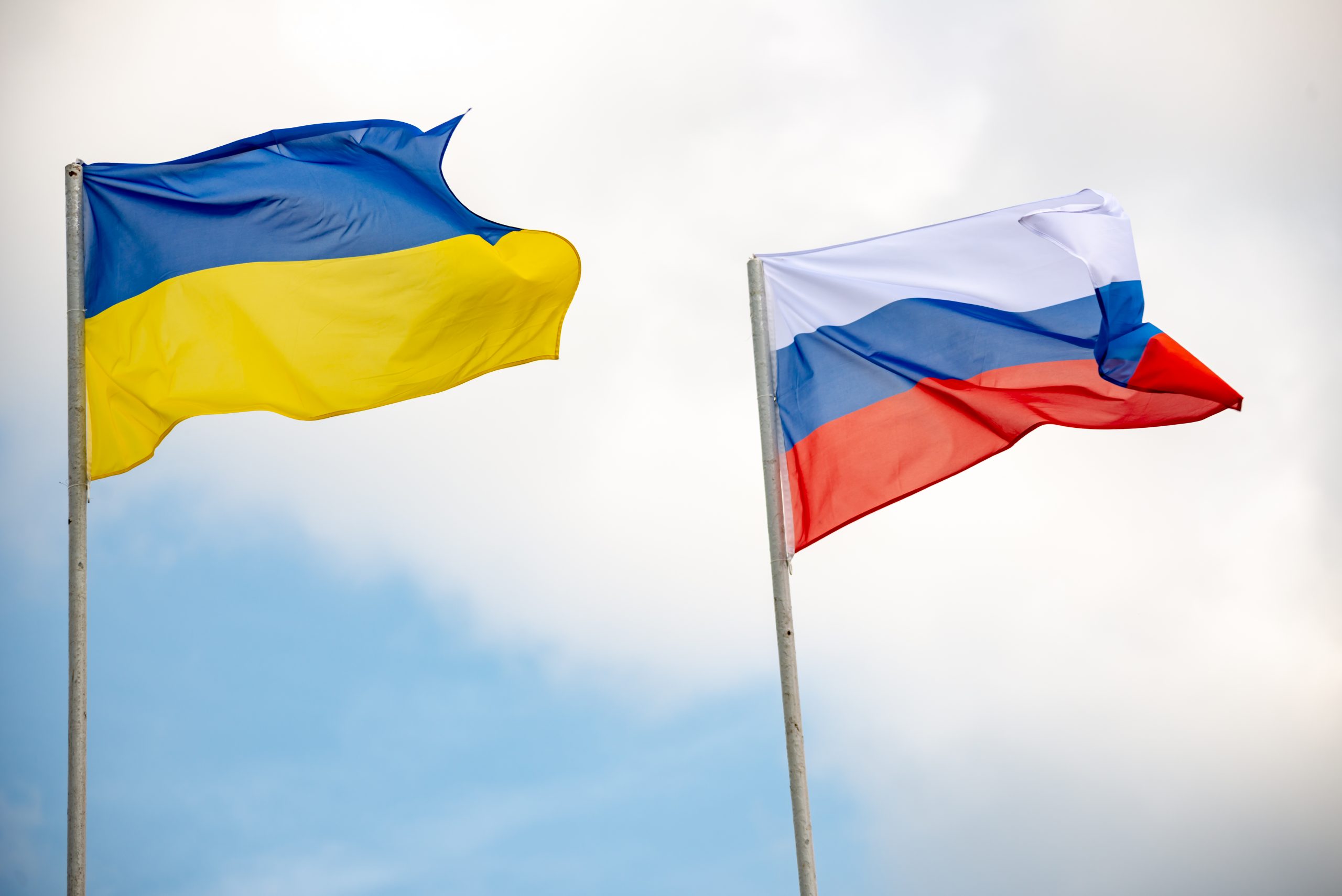On November 1, a statement of solidarity with Russians opposed to the Ukraine War was published. It was signed by more than 1,000 U.S. men and women who had opposed the U.S. invasions of Vietnam, Afghanistan and Iraq. At a time when the Ukraine War increasingly resembles the trench warfare of the First World War and the spiraling escalation of the Cuban Missile Crisis, leading U.S. peace organizations co-sponsored the statement, which also called for negotiations to end the catastrophic Ukraine War.
The announcement was first sent to a friend in St. Petersburg Russia who must remain unnamed. He is a humble and dedicated scientist who lost his job years ago after revealing independent radiation measurements that he took following the Chernobyl meltdown. On the day following Russia’s invasion of Ukraine, this man had signed and was publicizing a petition signed by more in a million Russians condemning the imperial invasion of Ukraine and calling for those who had ordered it to be tried as war criminals. In public and discrete ways, he and others continue to oppose the war despite the risk of serious imprisonment.
The second person to receive our statement was a Russian psychologist who fled Russia shortly before the war. She uses social media to connect with and organize people left behind and others in the Russian diaspora. And, before the statement went to the press and out via social media, it went to Yurii Sheliazhenko, a courageous Ukrainian professor and pacifist who has been speaking inconvenient truths about the futility of war and who had earlier translated our statement into Russian and Ukrainian.
Despite the risks involved, each committed to share the statement, especially among the estimated 500,000 men who have risked fleeing Putin’s increasingly militarized Russia.
What is the value of an expression of solidarity, even one as modest as a computer click? For many across the world, there was immediate identification with the images of the hundreds of thousands of Russian young men fleeing to impoverished and remote countries like Kyrgyzstan and Tajikistan, as well as to Kazakhstan and Germany to avoid the war. They left families and careers behind, possibly never to return. They face the challenges of finding places to sleep and to finding work to feed themselves in unknown nations and cultures. And we have learned to our sorrow and outrage across the West, desperate refugees are not always welcomed or long tolerated. Yet, as one Russian woman wrote from exile, she suffers under the weight of people thinking that all Russians support Russia’s aggression. It helps, she wrote, to know that she and other Russians are being recognized as different. That makes it easier for her to face the demands of each uncertain day. To this, I would add, it illustrates the potential for peaceful and mutually beneficial relations between our peoples.
Of course, more than solidarity is needed. Our statement also called for a ceasefire and “negotiations leading to a just peace, including respect for Ukrainian sovereignty as a neutral state”. As we did in the early years of our opposition to the nationally self-destructive invasions of Vietnam, Afghanistan and Iraq, the statement was designed to add weight to growing calls for a national policy change. The Biden and Zelensky commitments to fight this war to the last Ukrainian in order to weaken Russia (which will remain a nuclear power) and to retake all of historic Ukraine including Crimea are worse than futile. The savaging of Ukraine begins to resemble Beirut and Grozny at the end of those civil wars. And Russian nuclear doctrine informs us that it can resort to nuclear attacks when the survival of the state – read Putin’s political career – is in jeopardy. Pressing for diplomacy to stop the killing and to prevent the war’s spiraling escalation, as well as expressing solidarity, has become imperative.
Our solidarity initiative has roots in experiences and lessons that some of us took from the Vietnam War as from Margaret Mead’s dictum that a small group of people can change the world. The initiative grew from a collaboration of veterans of the Vietnam era peace movement, Terry Provance, now of the United Church of Christ and Doug Hostetter, now a Mennonite pastor and Pax Christi International’s Associate UN Representative, and me.
It was during the Vietnam War that I first experientially learned the value of solidarity. After considering a Canadian exile, I became a draft resister facing possible imprisonment and served as a leading organizer against the war in the intellectual and moral wasteland of what was then the Phoenix Valley. Talk about isolation and alienation. I was an aspiring East Coast intellectual disoriented and making his way in Barry Goldwater’s Arizona. That was before fax machines, before the Internet, and when Phoenix was dominated by a John Birch Society extreme right-wing monopoly newspaper that limited and distorted what people could know, and which used its pages to instruct its readers where to find our small community of war opponents and how to beat us. Back then, despite constitutional guarantees, it was possible to be arrested and to suffer what more recently has become known as the Eric Garner chokehold at the hands of the police and be sentenced to six months in jail for the “crime” of distributing anti-war flyers on the public sidewalk – an action ostensibly protected by the Constitution.
We and other war resisters experienced the salve and inspiration of solidarity in many forms, from local religious leaders who demonstrated that they cared, from activists back East who sent bail money, and from the distant moral courage of Swedish Prime Minister Olof Palme whose courageous denunciation of the war made its way around the world – even to the Arizona desert.
Since then, I have learned the sustaining value of even small expressions of human solidarity: from Palestinians whose homes were demolished in illegal Israeli collective punishments; from the suffering and courageous of Japanese, Marshall Islanders, and U.S. downwinder A-bomb survivors, and from Okinawans who have endured and resisted eight decades of Japanese and U.S. military colonialism. In each case, international support and solidarity have played critical roles in their continuing struggles for justice.
Is solidarity enough? Of course not! Thus, our call urges U.S. policy change. It is possible to support Ukrainians without urging and funding another war without end. In recent weeks, we have been reminded of Gandhi’s truth that “When the people lead, the leaders will follow.” The withdrawal of the letter signed by thirty members of Congress urging President Biden to make negotiations a priority will long stand as a profile in cowardice. Except for several members of Congress including Ro Khanna and Jamaal Bowman who stood their ground, others who support Ukraine but also diplomacy, lacked confidence that they had public backing and withered in the face of threats from Speaker Pelosi.
Our solidarity statement is but one of ways that people are beginning to break the silence, opening the way for rational and humane discourse, and providing off ramps for bellicose U.S., Russian, Ukrainian and European leaders. A Cuban Missile Crisis redux or a replay of World War I redux must be avoided. Negotiations may not bring an immediate end to the war, but we should have learned from the diplomacy that avoided nuclear annihilation over Russian missiles in Cuba fifty years ago, which brought us the armistice the ended the First World War, and that led to arms control agreements during the last Cold War that war is not the answer.
Pope Francis, U.N. Secretary General Guterres and a growing number of people have it right: human solidarity and diplomacy!
*Dr. Joseph Gerson is President of the Campaign for Peace, Disarmament and Common Security and author of With Hiroshima Eyes and Empire and the Bomb.

